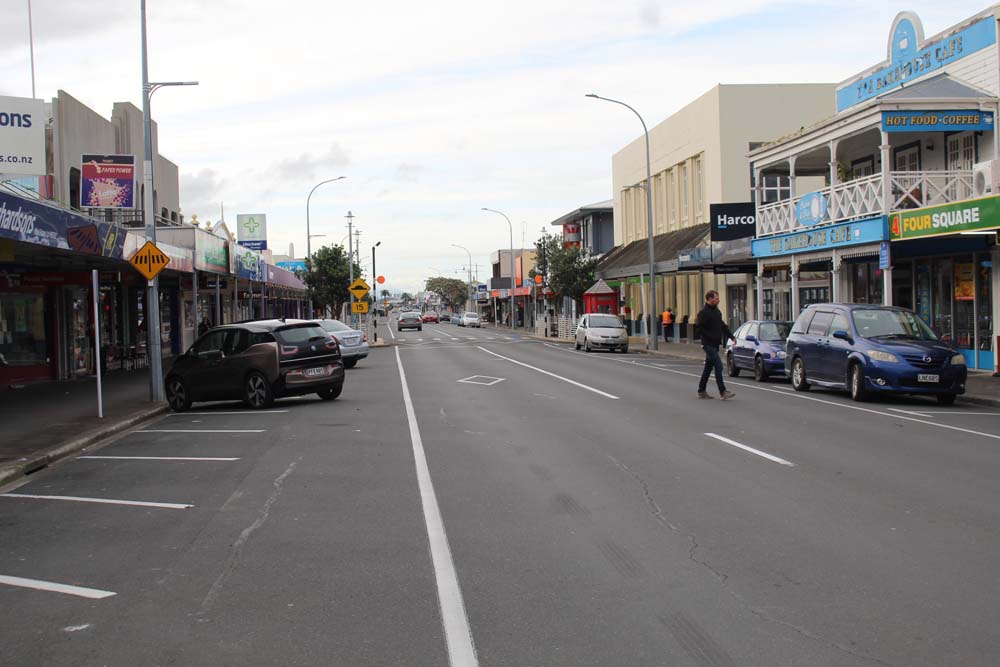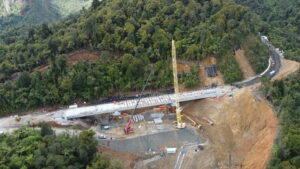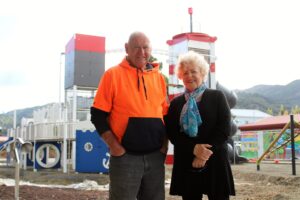Council has vowed that it won’t “just dig up” the length of Thames’ main drag during its infrastructure upgrade of Pollen St.
Instead, “the burning desire” of council’s project delivery manager is to do the job “properly”.
Andrew Boden told staff and elected members of Thames-Coromandel District Council that the upgrades to the underground stormwater, wastewater, and drinking water infrastructure which ran underneath Pollen St would be done in a staggered approach.
He said the project would be “significantly more challenging” than any other main street upgrades undertaken elsewhere around the district.
“Pollen St is approximately two kilometres long, and the cross-streets – from Grey St to Campbell St – are 250m. My burning desire is to make sure that we have enough funds in the Long Term Plan to do the project properly,” he said.
“We won’t just dig up 2km of the street and leave it for two years – we won’t be doing that. This is just the start of probably the most challenging project we have in the Long Term Plan at the moment.”
On October 4, council approved bringing forward $240,000 from the project’s budgets from 2023-24 to this financial year, in order to fund an underground survey which will confirm the size and location of all underground services, as well as the existing roading conditions.
The survey will start in late-October and is expected to take two months.
It will be carried out at night to avoid disturbing Pollen St businesses and to minimise any traffic management issues along the main drag.
According to a council release, the Pollen St infrastructure upgrade will not begin before July 1, 2023.
It will take place in stages, ensuring that the entire length of the street will not be dug up at the same time.
“The footpaths in front of businesses will remain open so customers can retain access while any stretch of the street is being worked on,” council said. “Meetings with affected businesses and other stakeholders will be held in advance of construction starting to discuss the work programme and receive feedback and input from affected parties.”
Approximately $16.4 million has been budgeted for the entire project.

According to TCDC, the upgrade to Pollen St’s infrastructure will not begin before July 1, 2023. Photo: GORDON PREECE
Pollen St to stay open during upgrade




